#Jonathan Fürst
Explore tagged Tumblr posts
Text

Is Cassandra & Jonathan's relationship healthy?

Okey, esto es contenido sobre oc's de mi propio universo / multiverso. (para un poco más de contexto, este universo es de superheroes, villanos, etc. )

La relación de Cassandra Kyloo / ShapeTwister y Jonathan Fürst por más que parezca una relación de padre e hija, no es de aquella manera. Iniciando por el hecho de que ni Jonathan la considera una hija ni Cassandra un padre, son más como hermanos.
Y si bien Jonathan fue él que cuido de ella cuando fue dejada a su suerte, un joven manipulado no puede curar a otro niño sin quemarlo por dentro. Ella tenía sueños por delante, y por mucho ella creyó que vendrían por ella, Jonathan la crió con una mentalidad violenta y brutal mientras el mismo estaba siendo entrenado de esta manera, entreno a cassandra como a un hombre adulto de 18 años, siendo esta una niña joven de 14. Eso sin comentar la manera en la que forjo la mente de Cassandra a base de mentiras y torturas psicológicas.
Para lograrlo no solo actuó frío con ella, si no que la manipuló tomando un aspecto más cercano con ella, como un hermano mayor que la apoyaba. La borro del mundo (llevándola a su propia tumba, demostrando le que todos la creían muerta.), le dio una nueva meta, y un nuevo nombre. ShapeTwister.
A pesar de ello, no todo es depresivo. Jonathan realmente logró quererla, y ella siempre creyó que el la quería genuinamente así que comenzó a hacer eso mismo. Buscaba consuelo y encontró un cuchillo que la apuntaba directamente, y quien lo sostenía era la única familia que alguna vez pudo tener. Actualmente Jonathan realmente la ve como a una hermana pequeña, llegando al punto de sacrificarse por ella y completamente prohibirle participación en la ShadowLigue.

Then... What is the conclusion ?
La conclusión a la que podremos llegar con todo ello es que, si bien no es realmente una relación sana. Pero eso no significa que sea una mala relación, o problemática o perjucial para ambos. Ambos son dos personajes manipulados los cuales buscaban refugio, al cual ambos tuvieron que aprender a aceptar - a dejarse querer y aprender a querer (incluso si ambos no tienen un trasfondo parecido, Jonathan siguió el camino de su propio mentor con Cassandra.)
Su relación es complicada y bastante simple a la vez, y este es un análisis bastante ... Vacío, y no muy bueno, es el primero y es sobre uno de mis propios personajes, los cuales siguen en desarrollo. !!

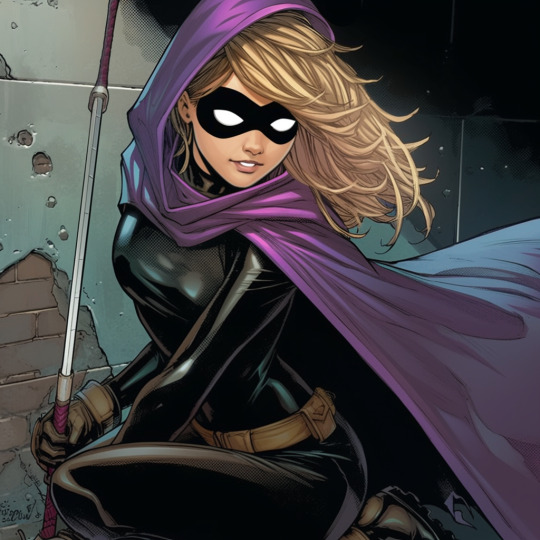


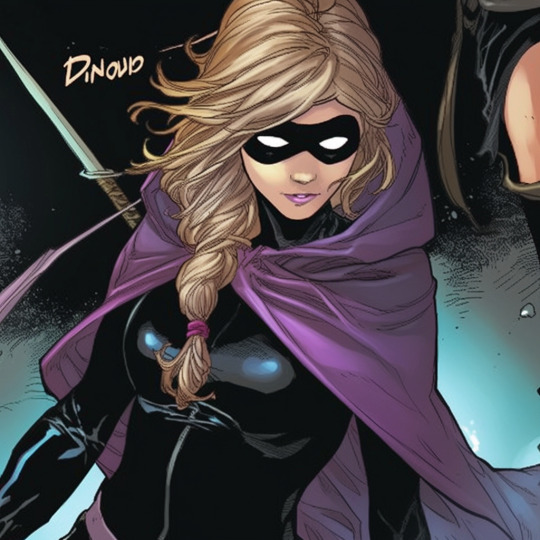
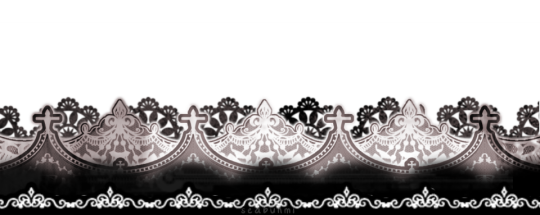
#oc#original character#original universe#original world#Cassandra Kyloo#Jonathan Fürst#ShapeTwister#Starcrafter#found family#oc lore#superhero au#villian oc#Shitty oc analysis#MIKAELAVERSE#Mikaverse!!#SEVEN'S VERSE !!#MikaelaSeven#MikaSeven#Spotify
1 note
·
View note
Text
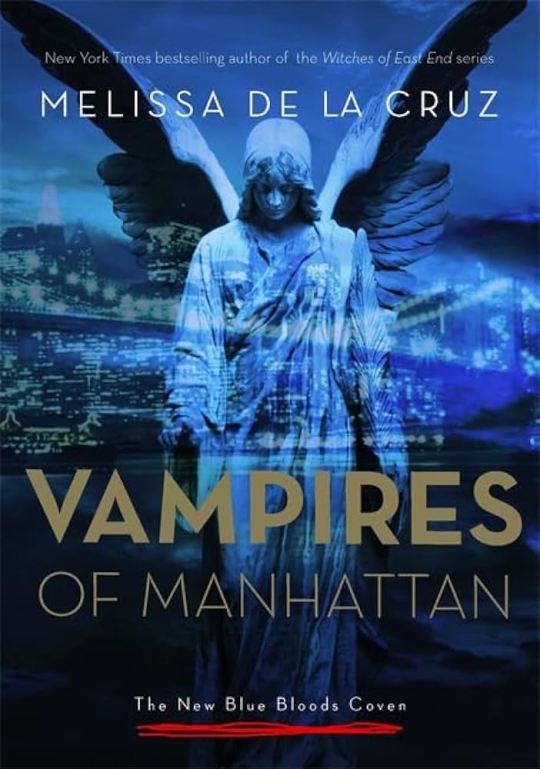
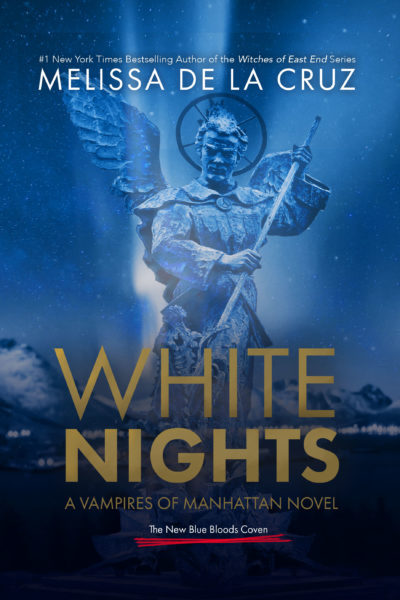
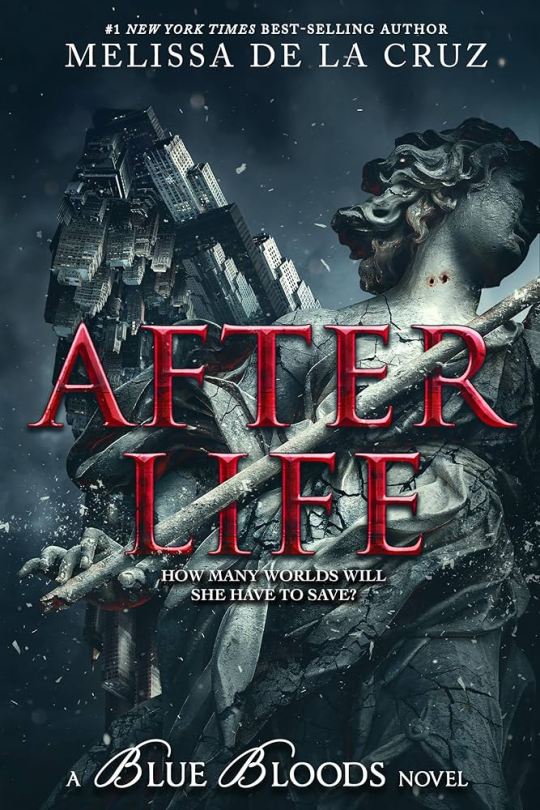
Antike (ca. 2000 vChr. bis ca. 500 nChr.)
Gilgamesch-Epos
Homer: Ilias, Odyssee
Äsop: Fabelsammlung
Caesar, Gaius Iulius: Der gallische Krieg
Vergil: Aeneis
Ovid: Metamorphosen
Tacitus, Publius Cornelius: Germania
Augustinus, Aurelius: Bekenntnisse
Herodot: Historien
Mittelalter (500-1500)
Beowulf
Murasaki Shikibu: Die Geschichte vom Prinzen Genji
1001 Nacht
Nibelungenlied
Gottfried von Straßburg: Tristan
Wolfram von Eschenbach: Parzival
Chaucer, Geoffrey: Die Canterbury-Erzählungen
Renaissance (1500-1600) und
Barock (1600-1720)
Boccaccio, Giovanni: Das Dekameron
Brant, Sebastian: Das Narrenschiff
Machiavelli, Niccolö: Der Fürst
More, Thomas: Utopia
Rabelais, Franois: Gargantua und Pantagruel
Cervantes Saavedra, Miguel de: Don Quijote
Grimmelshausen: Der Abentheurliche Simplicissimus Teutsch
Aufklärung (1720-1785)
Hobbes, Thomas: Leviathan
Fielding, Henry: Die Geschichte des Tom Jones, eines Findlings
Voltaire: Candide
Sterne, Laurence: Leben und Ansichten von Tristram Shandy, Gentleman
Rousseau, Jean-Jacques: Emile oder Über die Erziehung
Kant, Immanuel: Kritik der reinen Vernunft
Sturm und Drang (1765-1790)
Goethe, Johann Wolfgang von: Die Leiden des jungen Werthers
Bürger, Gottfried August: Münchhausen
Klassik (1786-1832)
Defoe, Daniel: Robinson Crusoe
Swift, Jonathan: Gullivers Reisen
Goethe, Johann Wolfgang von: Die Wahlverwandtschaften
Kleist, Heinrich von: Michael Kohlhaas
Romantik (1798-1835)
Arnim, Achim von/Brentano, Clemens: Des Knaben Wunderhorn
Grimm, Jacob und Wilhelm: Kinder- und Hausmärchen
Austen, Jane: Stolz undVorurteil
Eichendorff, Joseph Freiherr von: Aus dem Leben eines Taugenichts
Andersen, Hans Christian: Märchen
Gogol, Nikolai: Tote Seelen
Balzac, Honore de: Verlorene Illusionen, Glanz und Elend der Kurtisanen
Bronte, Charlotte: Jane Eyre
Bronte, Emily: Die Sturmhöhe
Huge, Victor: Die Elenden
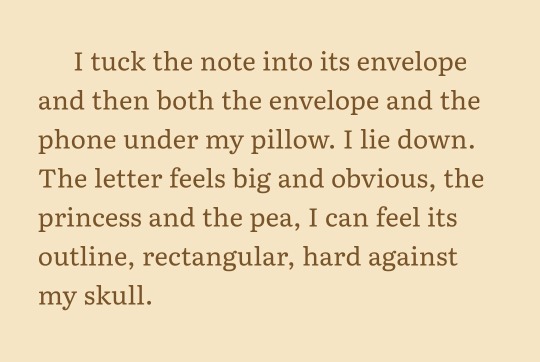
Biedermeier und Vormärz (1815-1848)
Heine, Heinrich: Buch der Lieder, Deutschland. Ein Wintermärchen
Büchner, Georg: Lenz
Droste-Hülshoff, Annette von: Die Judenbuche

Moderne (1850-1968)
Melville, Herman: Moby Dick
Beecher Stowe, Harriett: Onkel Toms Hütte
Keller, Gottfried: Dergrüne Heinrich
Dickens, Charles: Große Erwartungen
Dostojewski, Fjodor: Der Idiot
Tolstoi, Lew: Krieg und Frieden
Mark Twain: Tom Sawyers Abenteuer
Storm, Theodor: Der Schimmelreiter
Wilde, Oscar: Das Bildnis des Dorian Gray
Lagerlöf, Selma: Gösta Berling, Nils Holgersson
Fontane, Theodor: Effi Briest
Mann, Thomas: Buddenbrooks, Der Zauberberg
Proust, Marcel: Auf der Suche nach der verlorenen Zeit
Joyce, James: Ulysses
Babel, Isaak: Die Reiterarmee
Fitzgerald, Francis Scott: Der große Gatsby
Kafka, Franz: Der Prozess, Das Schloss
Woolf, Virginia: Mrs. Dalloway
Hesse, Hermann: Der Steppenwolf, Das Glasperlenspiel
Döblin, Alfred: Berlin Alexanderplatz
Remarque, Erich Maria: Im Westen nichts Neues
Roth, Joseph: Hiob, Radetzkymarsch
Traven, B.: Das Totenschiff
Fallada, Hans: Kleiner Mann - was nun?
Mann, Klaus: Mephisto
Steinbeck, John: Früchte des Zorns
Orwell, George: Farm der Tiere
Machfus, Nagib: Die Midaq-Gasse
Camus, Albert: Die Pest
Greene, Graham: Der dritte Mann
Dürrenmatt, Friedrich: Der Richter und sein Henker
Nabokov, Vladimir: Lolita
Tomasi di Lampedusa, Giuseppe: Der Leopard
Frisch, Max: Homo Faber
Aitmatow, Tschingis: Dshamilja
Grass, Günter: Die Blechtrommel
Solschenizyn, Alexander: Ein Tag im Leben des Iwan Denissowitsch
Wolf, Christa: Der geteilte Himmel
Bulgakow, Michail: Der Meister und Margarita
Garcia Märquez, Gabriel: Hundertjahre Einsamkeit
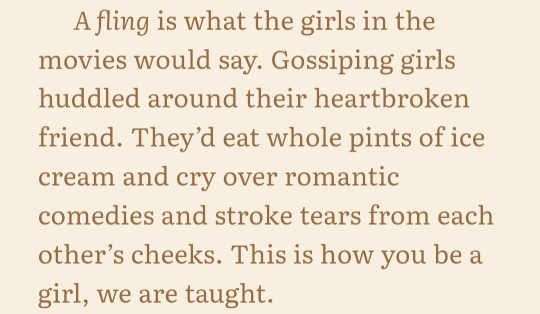
Gegenwart (ab 1968)
Lenz, Siegfried: Deutschstunde
Kertesz, Imre: Roman eines Schicksallosen
Eco, Umberto: Der Name der Rose
Jelinek, Elfriede: Die Klavierspielerin
Kundera, Milan: Die unerträgliche Leichtigkeit des Seins
Morrison, Toni: Menschenkind
Vargas Llosa, Mario: Das Fest des Ziegenbocks
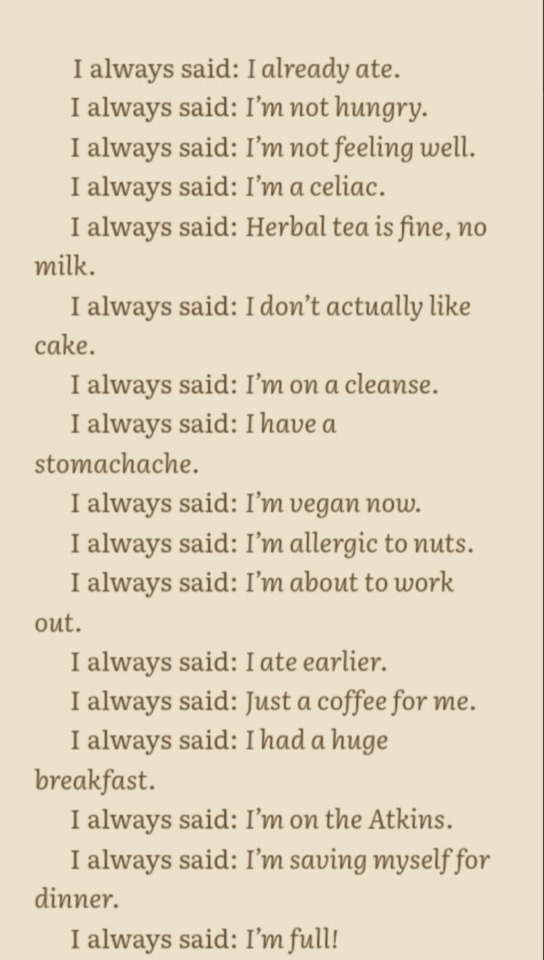
0 notes
Text
ALEXANDER KLUGE. DAS THEATER DER KINOS EXHIBITION & PERFORMANCE NIGHT
Alexander Kluge. Theatre of Cinemas
11.02-01.03.2020
All foyers
With contributions by: Chantal Akerman, Lynn Herschman Leeson, Thomas Heise, Tilda Swinton, Jean-Luc Godard, Wang Bing, Ildicó Enyedi, Chen Kaige, Atom Egoyan, Spike Lee, Wong Kar-Wai, Ang Lee, Tom Tykwer, Alexandra Kluge, Madji-da Abdim, Raoul Peck, Christoph Schlingensief, Lilith Stangenberg, Michael Haneke, Li Yang, Donald Sutherland, Vanessa Redgrave, Zhang Yimou, Claude Lanzmann, Richard Linklater, Dan Talbot, Theo Angelopoulos, Bai Ling, Bruno Ganz, Peter Berling, Helge Schneider, Armin Müller-Stahl, Hannelore Hoger, Kaori Momoi, Yu Nan, Shu Qi, Tony Gerber and Jesse Moss, Werner Nekes, Sarah Morris
and a special project by Jonathan Meese
Curated by Atelier Impopulaire
Conceived like a constellation of movements and acts, Das Theater der Kinos is a multi-media exhibition project that aims to explore the dialectic and complex relationship between Alexander Kluge and the seventh art, unfolded on two floors of the Volksbühne theater. If theatron in Greek was the designated space for viewing, offering the possibility to listen, watch and observe, kinema embodied the idea of movement, but also a movement that can bring a change. From the historical collaborations with Christoph Schlingensief to the ongoing monumental webseries The Eye of the Dragonfly, for Alexander Kluge the Volksbühne represents the symbol of a mutant “kinematic theatron” that has challenged the main principles of his oeuvre - simultaneity, polyphony and montage-, contributing to define his artistic politics of time and to change the way we perceive and experience both art forms. Giving the spectator the unique chance to inhabit the common spaces of the theater like waiting rooms, salons, wardrobes and foyers, Das Theater der Kinos traces a personal and somehow surprising history of cinema that works like a machine à penser.
OPENING & PERFORMANCE NIGHT
exhibition opening 18.00
Stern Foyer 19.00
Greetings and Introduction with Klaus Dörr (Volksbühne Intendant), Carlo Chatrian (Berlinale Artistic Director), Alexander Kluge
Program No. 1 Roter Salon
Start 18:00
Introduction by Alexander Kluge
Schiffsuntergang mit Mann und Maus. Die robusten Planken der Berliner Volksbühne: Unsinkbar in der Krise. Die Werkstätten am Rosa-Luxemburg-Platz & dieses Theater als Werkstatt überhaupt. Alexander Kluge und Alexander Weil (2018, 91 Min)
19:50 Introduction by Alexander Kluge
20:00 Film program on the occasion of the 75th return of Zero Hour: 1945-2020
Schwarzes Ende, Hybris: 22. Juni 1941 (2019, 3 Min)
Der Gärtner vom Reichsparteitag (2017, 4 Min)
Die legendäre AIDA von Hans Neuenfels an der Frankfurter Oper. Einzig erhaltenes Fragment / „Potlatsch – diachron – kontrovers“. Ballett der Macht - Vom Tanz zum Paradeschritt (2019, 8 Min)
Frühling mit Weißen Fahnen. Filmpremiere (2020, 63 Min)
„Parsifal verlernen!“. Wie kann man etwas verlernen, was man gar nicht kennt? Hommage für für den Bühnenbildner der Volksbühne Jonathan Meese und dessen Komponisten Bernhard Lang (2017, 60 Min)
Program No. 2 Gruner Salon
Start 19.30
Programm mit Filmen, Performances, Lesungen, Musik und vor allem Filmen. Filmlänge mindestens 120min. Mit Sir Henry, Alexander Kluge und Gästen. Film length minimally 120Min. With Sir Henry, Alexander Kluge, and other guests.
Dinamita. Minutenfilm (1 Min)
Sarastro, Fürst der Vernunft (10 Min)
Es gibt kein richtiges Leben im falschen Hasen (2 Min)
Mehrfachbilder für Einar Schleef. Mit Walfischton. Wagners PARSIFAL / Brechts PUNTILA. Mit Jutta Hoffmann (2 Min)
Ach, wie mörderisch wir lieben. Minutenoper für Sophie Rois (2020, 2 Min)
Wir Philosophen aus der Rippe Evas (2018, 2 Min)
Deutschlandpremiere:
Auf Messers Schneide: 1929 (mit H.M. Enzensberger, Alfred Edel, Olli Schulz, 2020, 90 Min)
ABSCHLUSS
Closing. As "last-call-audience-rouser" at the end of the program:
Kosmische Musik (2020, 3 Min)
Ich spreche fließend 13 Sprachen (mit Helge Schneider, 2019, 4 Min)
Infra-Struktur Rap (Film-Triptychon aus Angola, 2019, 2 Min)
Das wandernde Lexikon und Was tun, wenn ein Fernostler neben mir hustet (mit Helge Schneider, 2019, 6 Min)
Born in the town of Halberstadt in 1932, Alexander Kluge is one of the leading intellectual voices in Germany today. His huge body of work, which includes film, fiction, social theory, television, and political action on various cultural fronts, can be regarded as a continuation of the Critical Theory of the Frankfurt School and constitutes a unique venture in the cultural history of post-war Germany. The motives, themes, and formal strategies of Kluge’s radical cinéma impur, raise questions on representation and gender, history and memory, theory in its relation to practice, and the ongoing vitality of modernism.
PRODUCED BY VOLKSBÜHNE BERLIN AND BERLINALE
VOLKSBÜHNE, Rosa-Luxemburg-Platz
more on: volksbuehne.berlin
0 notes